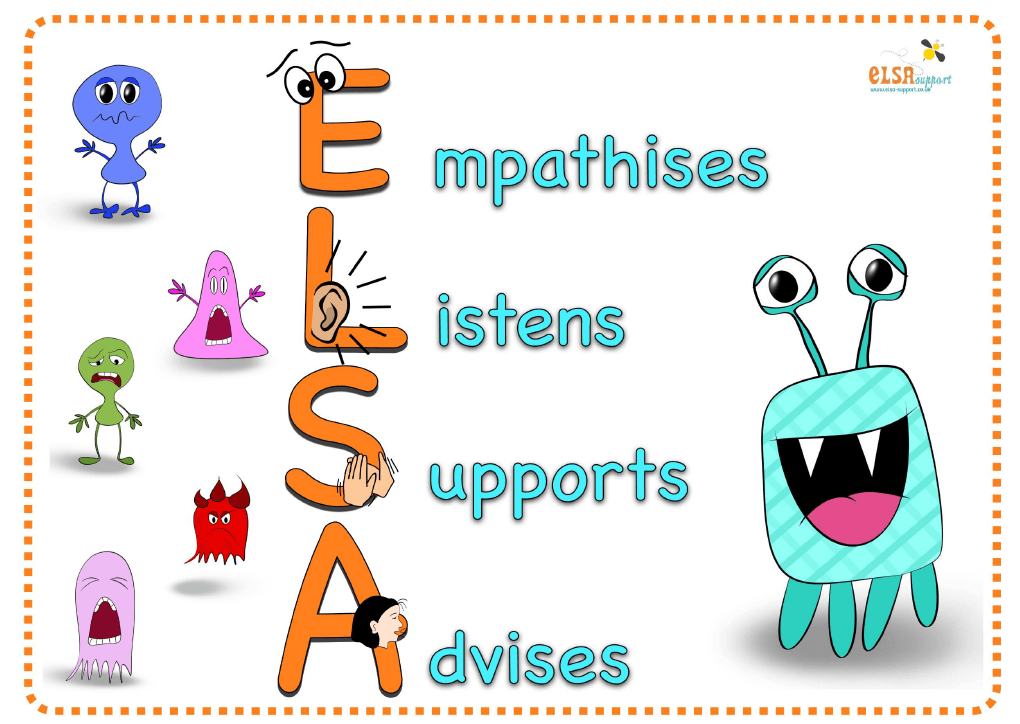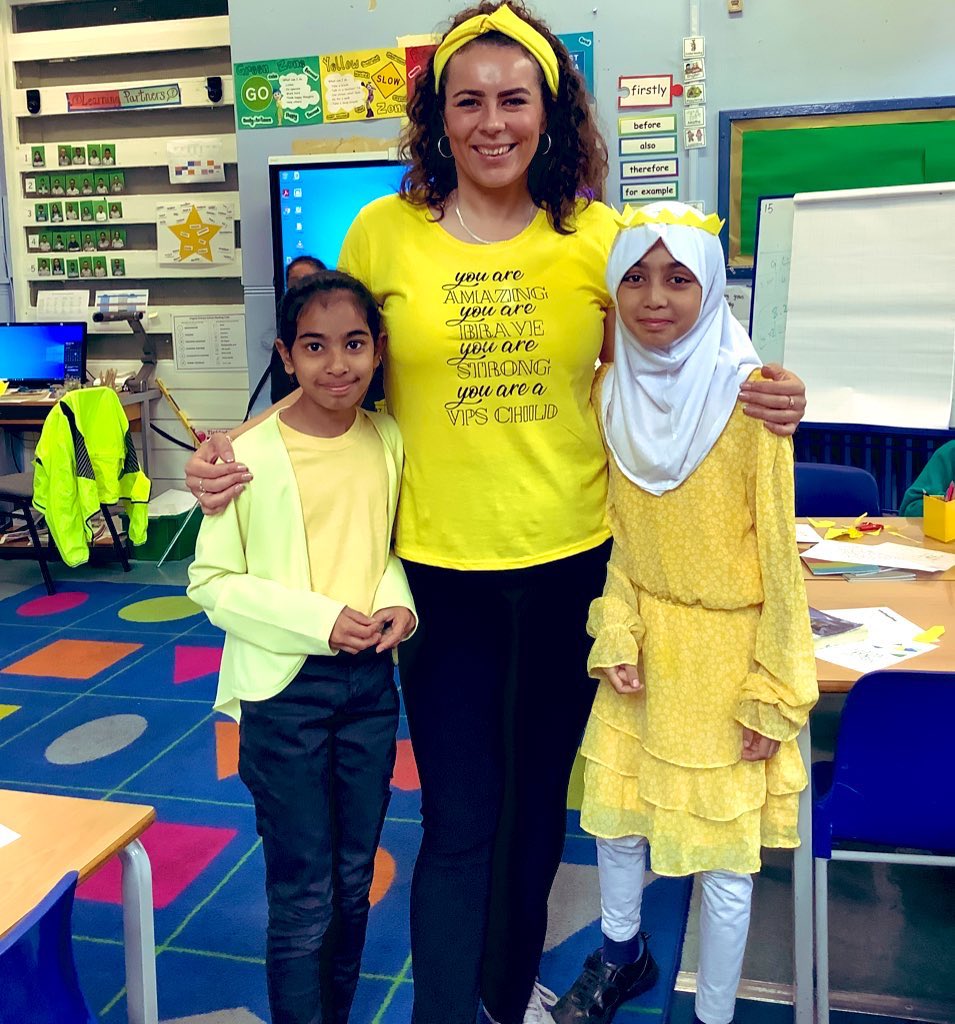Emotional Literacy Support (ELSA)
What is ELSA?
ELSA is an initiative developed and supported by educational psychologists. It recognises that children learn better and are happier in school if their emotional needs are also addressed.
How does ELSA work?
Children are referred for ELSA support by their class teacher, senior leader or SENDCo or by parent referral.
We then identify and prioritise which children require a weekly programme or if more appropriate put supported strategies in place within a class setting.
The majority of work is delivered on an individual basis, but sometimes small group work is more appropriate, especially in areas of social and friendships skills.
ELSA sessions take place in a section of our Learning Space ( named The Space) which provides a calm, safe space for the child to feel supported and nurtured.
ELSA programmes run for 6-12 weeks.
With the programme set we then plan support sessions to facilitate the pupil in developing new skills and coping strategies that allow them to mange social and emotional demands m ore effectively.
Supporting not fixing
Remember, ELSAs are not there to fix children’s problems. What they do is provide emotional support to those who need it. They aim to establish a warm, respectful relationship with a pupil and to provide a reflective space where children are able to share honestly their thoughts and feelings.
For children with complex or long term needs it is unrealistic to expect ELSA intervention to resolve all of their difficulties, however support will be designed to target specific aspects of a child’s need.

Who supports the children?
An ELSA is an Emotional Literacy Support Assistant who works with children who have been referred for support

Emily is our qualified Emotional Literacy Support Assistant at Virginia.
She has been trained by Educational Psychologists to plan and deliver programmes of support to pupils who are experiencing temporary or longer term additional emotional needs.
What do we provide?
We aim to provide support for a wide range of emotional needs:
- transition/ change
- recognising and understanding emotions
- building self esteem
- social skills
- friendship skills
- anger and behaviour management
- loss and bereavement
- relaxation techniques
Parents and carers
I am a parent who is concerned about their child’s mental health
- Speak to the class teacher or member of SLT at home time/morning
- Call the office to arrange a meeting with class teacher/SLT
- Refer child to ELSA (speak to class teacher)
We will do all we can to make sure you are also seen, heard and feel safe.
Young People
I am a young person who is worried about something at school
- Speak to your class teacher/TA
- Be honest about how you feel during the Zones of Regulation Check In’s/ Circle Time
- If you are not confident to speak to the teachers/TA’s – maybe ask your parents to speak to us.
- Request to see Emily (ELSA)
- Talk to a trusted friend/adult
- Make a SPACE slip (Year 5/6)
We will do everything we can to make sure you feel seen, heard and safe.
